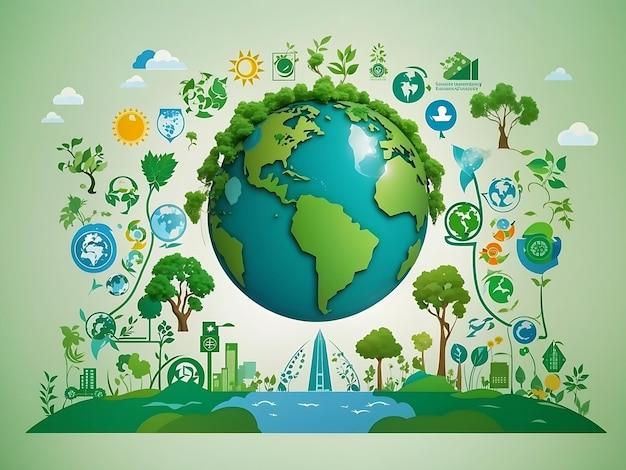Sustainable development is a concept that aims to meet the needs of the present generation without compromising the ability of future generations to meet their own needs. It involves finding a balance between economic growth, environmental protection, and social well-being. One key aspect of sustainable development is ensuring that our natural resources are used wisely and not depleted. For example, instead of relying heavily on fossil fuels that contribute to climate change, we can invest in renewable energy sources like solar or wind power. This way, we can power our homes and industries without harming the environment and depleting valuable resources.
Another important aspect of sustainable development is promoting social equity and inclusivity. This means ensuring that everyone, regardless of their background or socioeconomic status, has equal access to education, healthcare, and basic human rights. By investing in education, for example, we can empower young people with the knowledge and skills they need to contribute to their communities and develop innovative solutions to environmental and social challenges. Additionally, sustainable development emphasizes the need for responsible consumption and production. This involves reducing waste, reusing and recycling materials, and implementing sustainable farming practices to protect ecosystems and support local communities. By making conscious choices in our daily lives, we can all contribute to a more sustainable future for ourselves and future generations.

